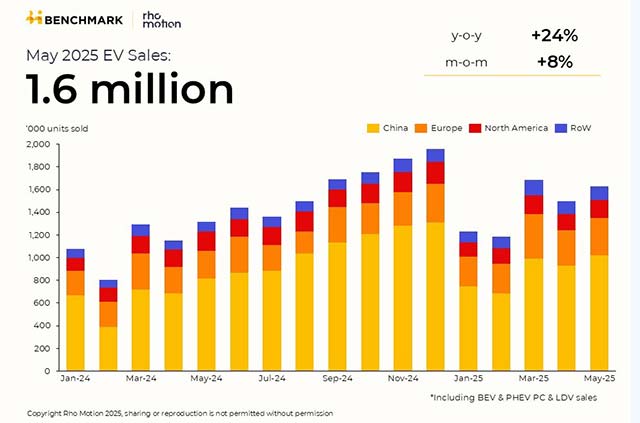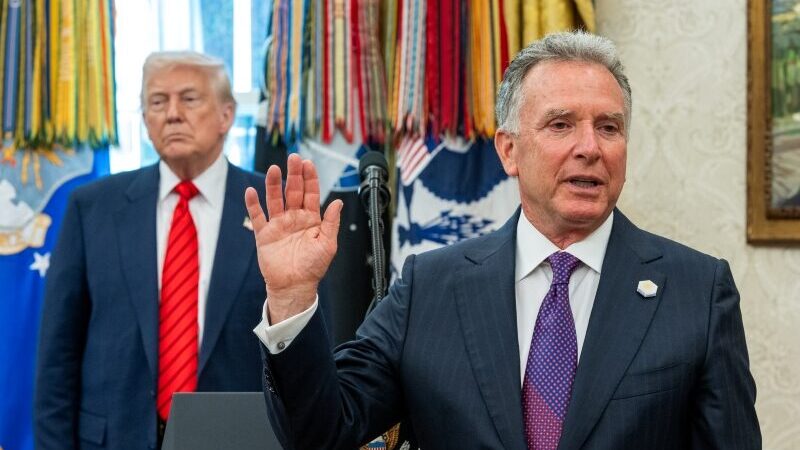The Costs of Weakening Shareholder Primacy: Evidence from a U.S. Quasi-Natural Experiment
There is much debate about whether corporate governance should follow the doctrine of shareholder primacy or stakeholder theory. With shareholder primacy, directors and officers owe their fiduciary duties primarily to shareholders. Under this view, the central obligation of directors and officers is to maximize shareholder wealth. To enforce this objective, shareholders rely on a range […]

Benjamin Bennett is an Assistant Professor of Finance at the A.B. Freeman School of Business, Tulane University, René M. Stulz is the Everett D. Reese Chair of Banking and Monetary Economics at the Fisher College of Business, The Ohio State University, and Zexi Wang is an Associate Professor of Finance at the Lancaster University Management School. This post is based on their recent paper.
There is much debate about whether corporate governance should follow the doctrine of shareholder primacy or stakeholder theory. With shareholder primacy, directors and officers owe their fiduciary duties primarily to shareholders. Under this view, the central obligation of directors and officers is to maximize shareholder wealth. To enforce this objective, shareholders rely on a range of disciplining mechanisms, including capital markets, the market for corporate control, and legal remedies. In contrast, stakeholder theory posits that corporate fiduciaries should consider the interests of a broader set of constituents, including employees, customers, suppliers, and communities. However, stakeholder theory offers limited guidance when decisions affect stakeholders differently, thereby granting directors and officers substantially more discretion. As a result, weakening shareholder primacy may worsen agency problems by making it easier for insiders to pursue their own interests and may therefore make firms less efficient in allocating capital.
Empirically, it is difficult to assess whether weakening shareholder primacy to give boards and officers more leeway to take into account the interests of stakeholders does actually worsen agency problems. In our paper, we use the adoption of a law in Nevada that weakens shareholder primacy to examine this issue and find strong evidence that increasing the discretion of officers and directors to pursue stakeholder interests has an adverse impact on agency problems within firms. (more…)
















































































































































